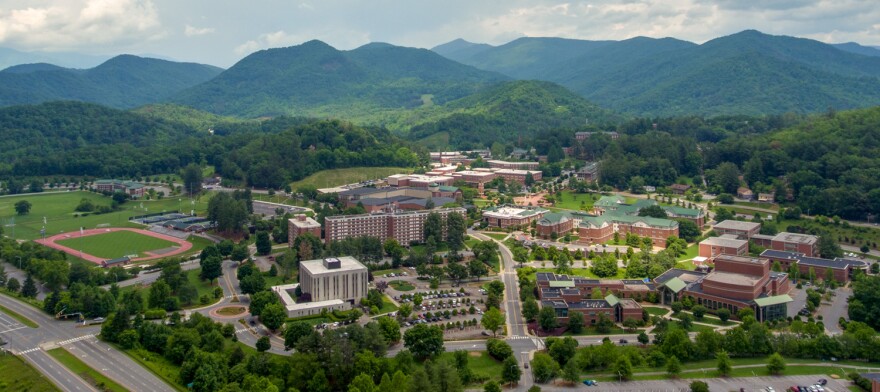Democrats in North Carolina scored a victory in the mid-term elections at the state level, winning enough seats in both chambers of the General Assembly to break Republican supermajorities. That will prevent the GOP from over riding vetoes from Democratic governor Roy Cooper through party line votes starting in January. Most of the Democratic pickups occurred in the Triangle and Charlotte areas, but the party did pick up two critical House seats in the western part of the state. In District 119, Democrat Joe Sam Queen won his seat back from incumbent Republican Mike Clampitt. In District 93, Democrat Ray Russell defeated GOP incumbent Johnathan Jordan. Both districts are home to large public universities (Western Carolina in 119 and Appalachian State in 93), and an analysis done by Carolina Public Press showed a surge in early voting from younger voters in both districts. At Western Carolina, early voting increased at a polling place on campus. Kirk Ross is the capital bureau chief for Carolina Public Press. He spoke with BPR's Matt Bush about the affect millenial and Gen Z voters had in this election in North Carolina, and in particular how the campus vote benefitted Democrats not just in Western North Carolina but statewide.
EXCERPTS FROM INTERVIEW -
On how the Gen Z vote affected state house races in Districts 119 & 93, which are home to large public universities - "I think it's fairly clear that you had younger people turning, and whether they were registered as Democrats, they were certainly voting that way. Or (they voted) at least in large enough numbers to flip those two seats. I think it's definitely clear the student vote had an impact in those two races, and probably in a lot of the rest of the races around the state in the larger counties like Wake County and in Charlotte. Those voters are voting in very large numbers for Democratic candidates. They're registering as unaffiliated, but largely they are voting for Democrats."
What are the rules for college students to vote in North Carolina currently - "Students can vote in the county of their residence. If you live as a student in Wake County or in Chapel Hill or wherever you live, you can vote there. You are considered a resident. You have to be properly registered, have the correct address, and be otherwise legally allowed to vote.
On Western Carolina University's early voting polling place on campus - "When I looked at the numbers after the early vote numbers came in, I saw a definite spike among the younger voters compared to the last mid term election in 2014. And what has happened since then is the campus has gotten very organized in terms of student engagement and civic engagement. They've been very conscious with people who are registering students to vote knowing how to do that properly. An administrator (at WCU) told me there are 25 separate addresses on the campus. They also brought candidates in from both parties and had a lot of events to build an interest. And they petetioned and received permission to set up a one-stop voting site in the student union.
On the popularity of early voting, particularly with young people - "(That's) especially true if it's convenient for them if it's on campus. And also for people who work at the university, they have an opportunity to walk down to the union to vote. It's obviously been pretty successful in places. I think the lesson from Jackson County is, combined with voter education and voter engagement and registration, it can really get students out to vote. That polling place was supported by both parties. It opened in 2016. Joe Sam Queen lost his election that year. He supported it, so did Tom Apodaca, who was state senator and a graduate of Western Carolina. Joe Sam Queen lost that year, but he won this one."


